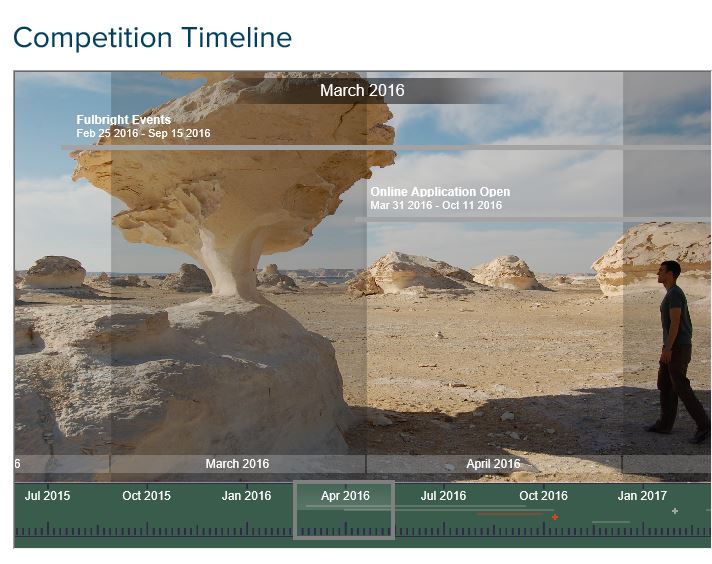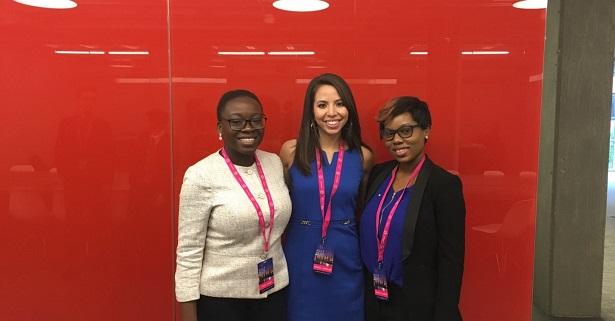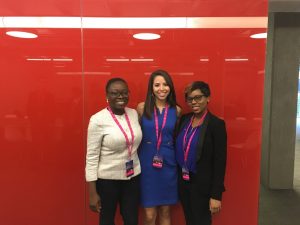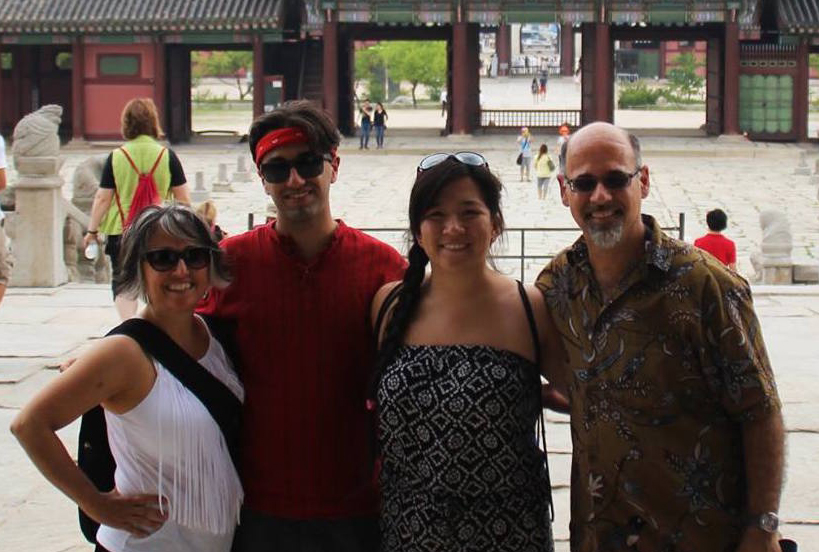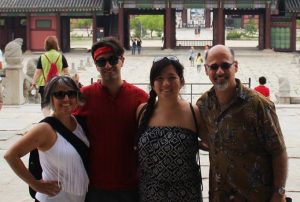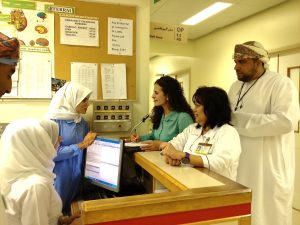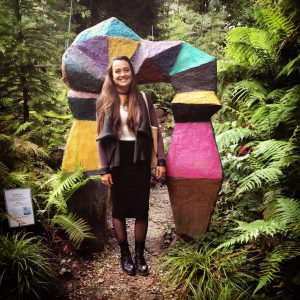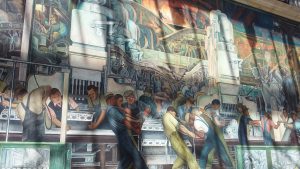
A Detroit worker mural by Diego Rivera
Having had some time to reflect on my Fulbright Millennial Trains Project experience, I have to say that it all seems like a blur. If I had to choose one word to describe it, I would say overwhelming, in the best way. It was overwhelming (and incredibly inspiring) being around so many people with so many ideas and plans. It was overwhelming to travel such a long distance in such a short amount of time. It was overwhelming to process so much new information each and every day. Even off the train, I continue to be overwhelmed by the experience, and hope to eventually be able to process and digest it, bit by bit. I know that many of the lessons I learned, and the advice I received, will continue to come to mind whenever I need it; I know that it will be stored in there for years to come.
One day, while on the back vestibule of the train, I spoke to some of the other participants about how I wished I could keep some moments alive forever so I could replay them when I needed to recall the way I felt that day, in that moment. Several of them agreed, but someone spoke of the importance of letting go, about how what makes these moment precious is the fact that they don’t last forever, because they are not meant to. I think that is important advice in trying to process this experience. I had so many encounters, so many conversations, learned so many lessons, that I know I will not be able to remember everything that happened. So, I have to trust that the right things will stay in my consciousness, and that they will be there when I feel the need to look back on them. As for the rest, I feel comfortable letting it go.
Continue Reading
